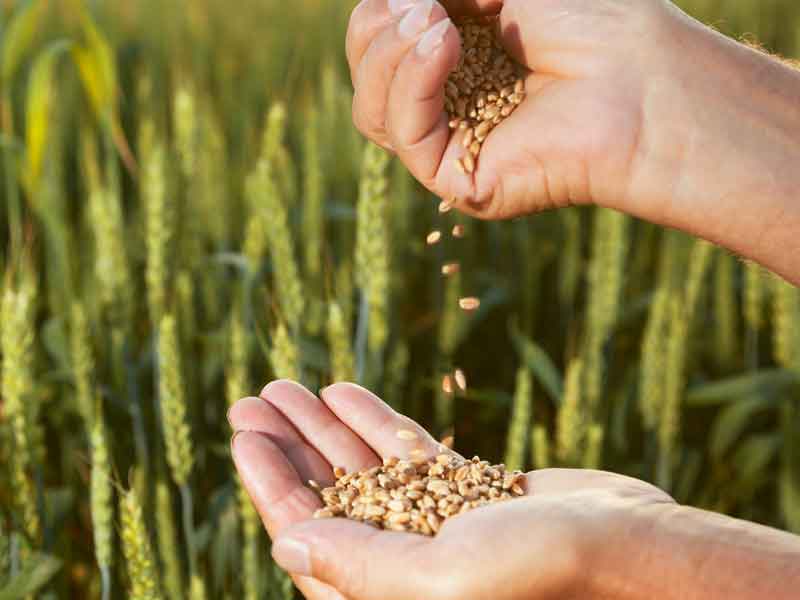Golestan Farmer's House Secretary: Removing subsidies from agricultural inputs is wrong
Gorgan-Imani, the secretary of Golestan Farmer's House, said: Considering the increase in production prices in recent years, it is wrong to remove subsidies from agricultural inputs because many farmers will not be able to continue their activities.
Ali Qoli Imani said in a conversation with Bazar reporter: Paragraph C of Note 8 of the 1402 budget mentions the single rate of agricultural inputs, and if it is approved in the parliament, the subsidy for agricultural inputs will be removed.
The secretary of Golestan Farmer's House added: In the past years, the government provided agricultural inputs such as fertilizer to farmers in the form of subsidies, which somehow supported the farmers.
Stating that according to the international standard, Iran's fertilizer consumption should be 4 million 500 thousand tons, Imani reminded: the amount of fertilizer consumed in Iran is less than the international standard and is 3 million tons, and the most used fertilizer is urea.
He pointed out: Fertilizer is considered a very important and influential factor in the production of agricultural products, however, the amount of fertilizer consumed by farmers is lower than the global average.
Imani pointed out that agriculture in Golestan is mostly done in the form of small ownership, traditional and providing livelihood, and added: due to the lack of financial ability of the farmer, the same amount of fertilizer that is used in the fields will not be consumed after the single rate of agricultural inputs. became.
The secretary of Golestan Farmer's House said: "It was decided that in contract farming, fertilizer would be provided to the farmers in the form of credit, and the cost would be paid to the government after production and harvesting."
He continued: In this way, the farmer's use of fertilizer increases the production efficiency per unit area and also increases the economic income of the farmer, which is also considered a support from the government for the farmer.
The secretary of Golestan Farmer's House stated: If Clause C of Note 8 of the 1402 budget, which is based on the single rate of agricultural inputs, is approved, the possibility of buying fertilizer by farmers will decrease and this will have a negative effect on the country's production per capita.
He continued: Considering the unfavorable economic conditions of farmers, the single rate of agricultural inputs leads to the fact that the farmer does not use suitable fertilizer and improved seeds and turns to his high-consumption seeds, a process that ultimately has a negative effect on the quality of agricultural products. .
Imani stated that with the single rate of agricultural inputs, a large part of the farmers will leave the activity cycle, and reminded: this causes a great damage to the production of the country, so the members of the Islamic Council must examine this issue more carefully.
According to him, with the single rate of farmer's inputs, some corruptions in this area will be prevented, but on the other hand, by removing subsidies from inputs, farmers will be harmed and the country's national production and food security will be endangered.
Secretary of Golestan Farmers' House added: Lack of support for farmers will cause them to leave the fields and migrate to the cities, and on the other hand, it will increase dependence on importing products from other countries in Iran.

